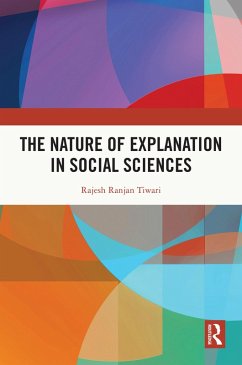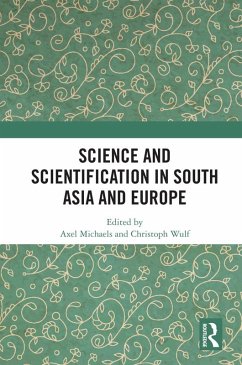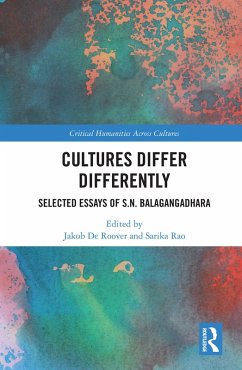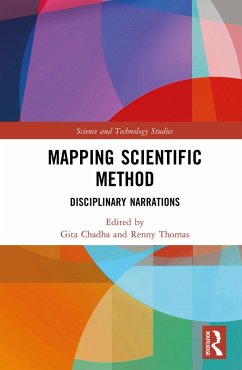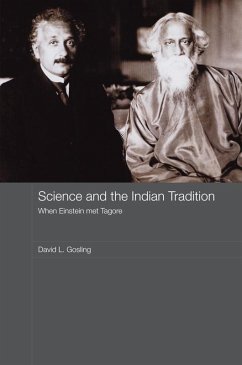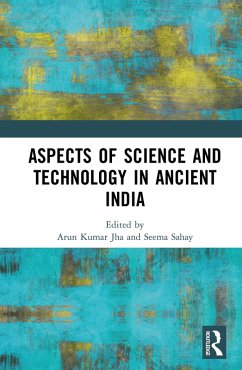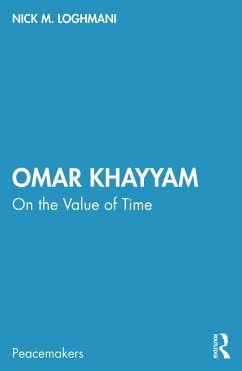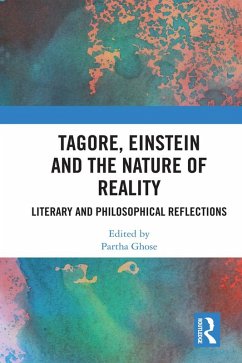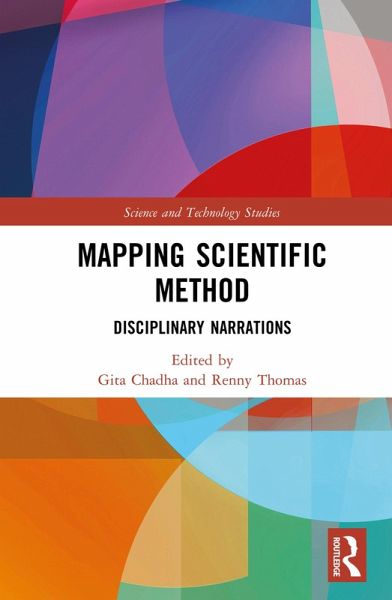
Mapping Scientific Method (eBook, PDF)
Disciplinary Narrations
Redaktion: Chadha, Gita; Thomas, Renny
Versandkostenfrei!
Sofort per Download lieferbar
43,95 €
inkl. MwSt.
Weitere Ausgaben:

PAYBACK Punkte
22 °P sammeln!
This volume explores how the scientific method enters and determines the dominant methodologies of various modern academic disciplines. It highlights the ways in which practitioners from different disciplinary backgrounds -- the humanities, the natural sciences, and the social sciences -- engage with the scientific method in their own disciplines.The book maps the discourse (within each of the disciplines) that critiques the scientific method, from different social locations, in order to argue for more complex and nuanced approaches in methodology. It also investigates the connections between ...
This volume explores how the scientific method enters and determines the dominant methodologies of various modern academic disciplines. It highlights the ways in which practitioners from different disciplinary backgrounds -- the humanities, the natural sciences, and the social sciences -- engage with the scientific method in their own disciplines.
The book maps the discourse (within each of the disciplines) that critiques the scientific method, from different social locations, in order to argue for more complex and nuanced approaches in methodology. It also investigates the connections between the method and the structures of power and domination which exist within these disciplines. In the process, it offers a new way of thinking about the philosophy of the scientific method.
Part of the Science and Technology Studies series, this volume is the first of its kind in the South Asian context to debate scientific methods and address questions by scholars based in the global south. It will be useful to students and practitioners of science, humanities, social sciences, philosophy of science, and philosophy of social science. Research scholars from these disciplines, especially those engaging in interdisciplinary research, will also benefit from this volume.
The book maps the discourse (within each of the disciplines) that critiques the scientific method, from different social locations, in order to argue for more complex and nuanced approaches in methodology. It also investigates the connections between the method and the structures of power and domination which exist within these disciplines. In the process, it offers a new way of thinking about the philosophy of the scientific method.
Part of the Science and Technology Studies series, this volume is the first of its kind in the South Asian context to debate scientific methods and address questions by scholars based in the global south. It will be useful to students and practitioners of science, humanities, social sciences, philosophy of science, and philosophy of social science. Research scholars from these disciplines, especially those engaging in interdisciplinary research, will also benefit from this volume.
Dieser Download kann aus rechtlichen Gründen nur mit Rechnungsadresse in A, B, BG, CY, CZ, D, DK, EW, E, FIN, F, GR, HR, H, IRL, I, LT, L, LR, M, NL, PL, P, R, S, SLO, SK ausgeliefert werden.




